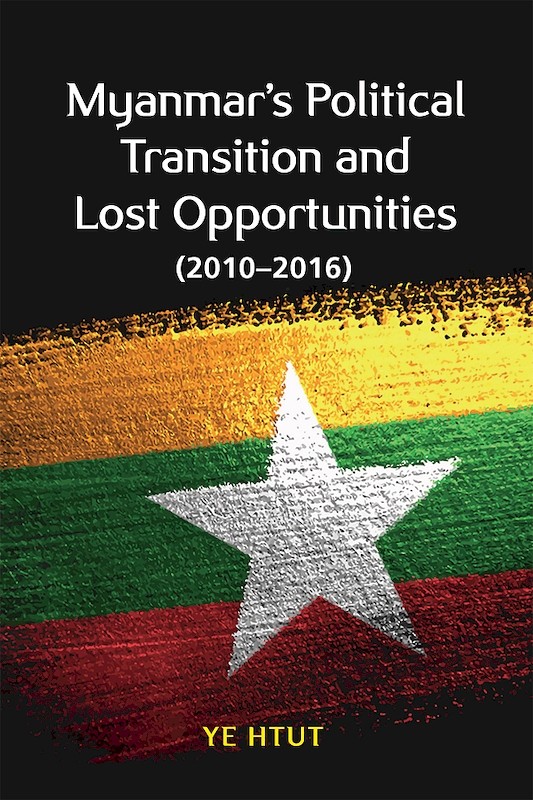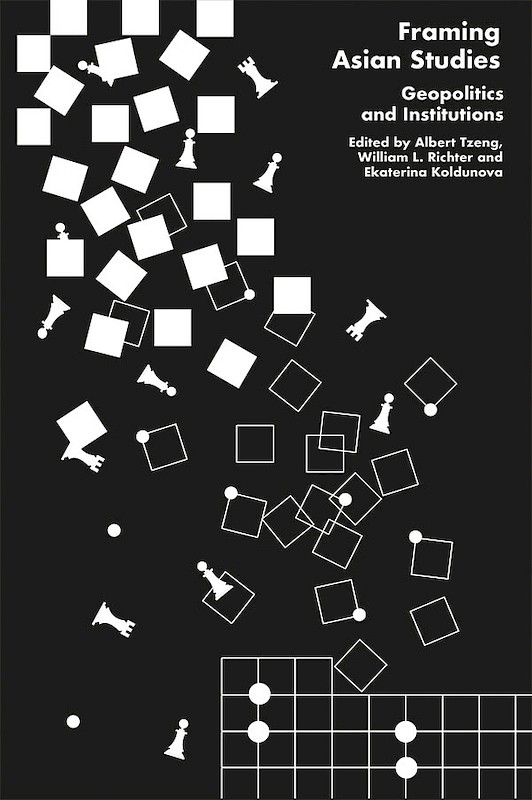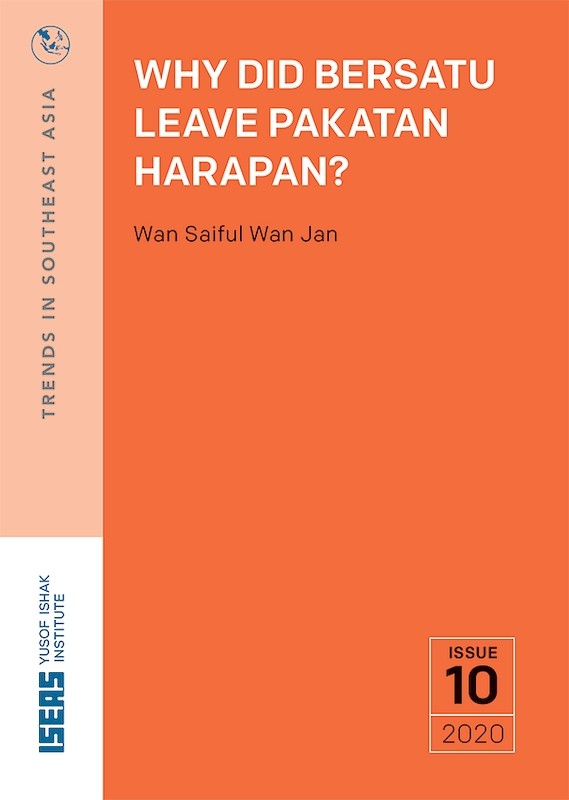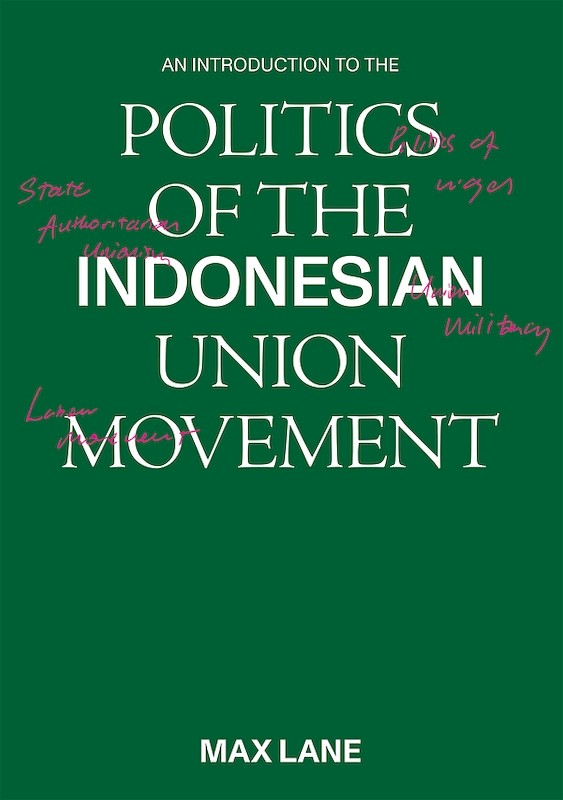The Veil of Circumstance: Technology, Values, Dehumanization and the Future of Economics and Politics
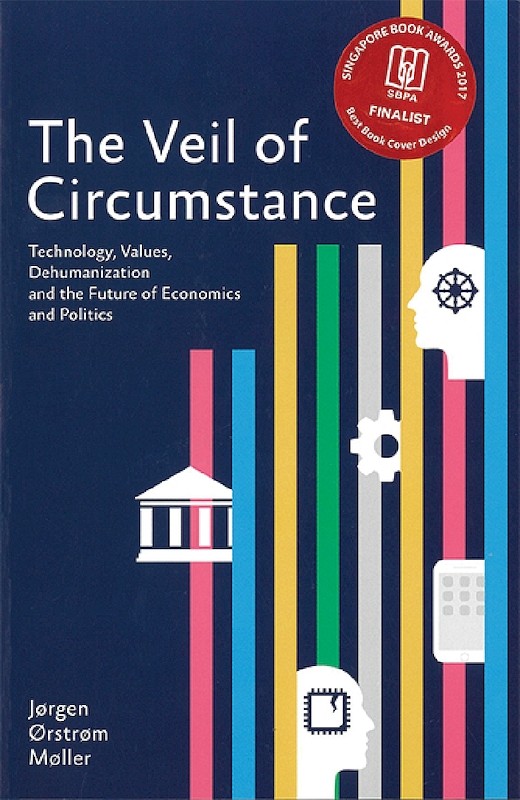
Jørgen Ørstrøm Møller, author
Date of publication:
2016
Publisher:
ISEAS - Yusof Ishak Institute
Number of pages:
298
Code:
BM543
Soft Cover
ISBN: 9789814762557
Reviews
K Ravi Kumar. Singapore Economic Review, 15/1/2018.
"Mr Moller, a trained economist and a diplomat, brings his acute understanding to describe the paradigmatic changes occurring in the world today. He uses the building blocks of the theory of the firm, organized around consumer theory, producer theory and markets, to develop the changing environment from the agricultural era to the current.
Mr Moller is right on the money with his insight on where the advanced western economies have arrived after the heydays of the industrial economy, full of consumerism, reckless production, belief in the market mechanism and the role of governing nation states. His predictions of the future, while questionable, are quite plausible: that citizens will move towards mass communication to give them 'utility' or happiness rather than consumption of resource-intensive goods and services; that producers will realize that resources are scarce and will adopt sustainable practices aided by heavy government regulation (be they local, central or global).
Overall, Mr Moller has gone a great service, as a futurologist, in highlighting some of the issues and challenges our world faces, as we look forward. While the emerging countries may still adopt an "industrial age" growth pattern, the advanced countries having produced enough wealth for its citizens need to create a different order for business, government and society, more in step with helping to achieve the higher order of Maslow's hierarchy of people's needs."
Tilak Doshi. The Business Times, 2017.
"As the subtitle suggests, this book is about the most fundamental challenges now facing the world economy and its nation-states. The author-a now retired senior career diplomat with Denmark's foreign ministry, Danish ambassador to Singapore from 1997 - 2005, and author of several other books - is pessimistic about the outlook for the global economy. Debts and falling productivity levels in the US, Europe and Japan will cause the global economy to slow over the next quarter of a century. "But now", he asks, "who really believes in a future anymore? At best the world has come to a standstill; at worst, it is going to reverse."
While both business and government are afflicted by dysfunctionalities, society itself is "dehumanised" and "denaturalised". The explosion of impersonal mass communications and digitisation may create groups of like-minded exclusivist communities within and across nation-states rather than promote diversity and tolerance. And, with urbanisation, "the majority of human beings have lost contact with nature and do not understand such simple processes as the seasons and natural cycles."
While deeply pessimistic, the author does offer the prospect that "humanity has the means to move forward to a new age, characterised by instant communications and less materialistic consumption". In the transition to the new age, politicians will "grasp the swing towards values instead of economics as the driver of voter preferences"; citizens will select political leaders based on "values as the central criterion"; and rules and regulations in a globalized world economy "will need to be applied on a global level".
About the publication
“Many ills afflict the global political economy today. Conventional economic tools are losing their power to ensure steady economic growth. Competing nationalisms are creating a more dangerous world that threatens the current international economic and political order. This book gets to the heart of the issues that have brought the world to its current state. Mr Moeller is to be congratulated for producing an historically grounded analysis which suggests a different way forward for our unequal, resource-depleting world economy.”
Pang Eng Fong, Professor (Practice)
Lee Kong Chian School of Business
Singapore Management University
“This book, immensely rich in data and keen observations, delves into the central challenges of our economic and political system — the erosion of trust, the declining coherence and the shrinking common space. The author’s attempt to sketch out what can be done to help us address these challenges brought about by globalization, digitalization and our disconnect with nature is well worth pondering.”
Yeo Lay Hwee, Director
European Union Centre in Singapore
European Union Centre in Singapore
“Our world is changing deeply at the moment, economically, technologically, and socially. Joergen Oerstroem Moeller is an astute observer of the forces and mechanisms causing these changes. Well worth reading and pondering.”
W. Brian Arthur
formerly Morrison Professor
of Population Studies and Economics
of Population Studies and Economics
Stanford University
“In his brilliantly illuminating book the author referenced the fundamental historical facts to trace the sources and triggers of a paradigmatic ongoing change in society, economy and world order. He did this with an immense knowledge, circumspection and interdependent understanding of the relevant forces and undertook a well-structured and documented research and analysis. We get valuable and important impetus as food for thought to a coming complex and gigantic change.”
Dr Alfred Scheidegger, Founder and CEO of Nextech Invest Ltd.
formerly member of the board of directors of
the Swiss Federal Institute of Technology (ETH), Zurich
It is more than fifteen years since Joseph Stiglitz wrote Globalization and its Discontents, with the message that there is evidence of much unhappiness with the way global reforms have been taking place and how they have impacted developing and poor countries. Stiglitz concluded that the main issue is not with globalization, but rather that the process of management was very much lacking. And now Stiglitz in his latest book, Rewriting the Rules of the American Economy, has argued that the message he had about globalization is now affecting the advanced economies.
Professor Jørgen Ørstrøm Møller is never one to evade the complexities and subtleties of current affairs. He pursues the issues of the day with an intellectual curiosity, clarity of thought, and completeness that is enriched by his vast experience in the Danish diplomatic service, policymaking and academia. In this book he uses an interdisciplinary approach to discuss the intrinsic issues, including globalization, that are shaping the world.
…
While Stiglitz’s point is about managing the needed change in globalization, Møller’s argument is to reinforce a better global governance, and a challenge for world leaders and policymakers to create a new world where not only science and technology matter but also to achieve some semblance of sanity where deep consciousness can take root, where inspiration, thought and creativity, strong bonds and cohesion in and across societies deepen, making cultural identities count, and above all where materialism fades.
Professor Euston Quah
President, Economic Society of Singapore
Head of Economics, Nanyang Technological University
Singapore
An excellent and important book, wide-ranging (and comprehensive), drawing together many strands which we have already observed ourselves into a single coherent analysis with many original insights.
Stuart Larkin, Consulting Economist
Contents
-
The Veil of Circumstance: Technology, Values, Dehumanization and the Future of Economics and Politics
[Whole Publication, ISBN: 9789814762564], by Jørgen Ørstrøm Møller, author -
Preliminary pages
-
1. The Conventional Outlook
- PART I: THE PROBLEM
-
2. How Did We Get into This Mess? How Do We Get out of It? An Overview
- PART II: POLITICS
-
3. Steering System
-
4. Cost of Running a Society
-
5. Concentration of Capital, Corporate Governance, Power
-
6. Business Model The Firm
- PART III: ECONOMICS
-
7. The Transition
-
8. Change in Economics
-
9. Human Behaviour
-
10. Interdisciplinary Complexity
- PART IV: GEOPOLITICS
-
11. Power Shift Values
- PART V: CONCLUSION
-
12. Conclusion
-
Bibliography
-
Index


